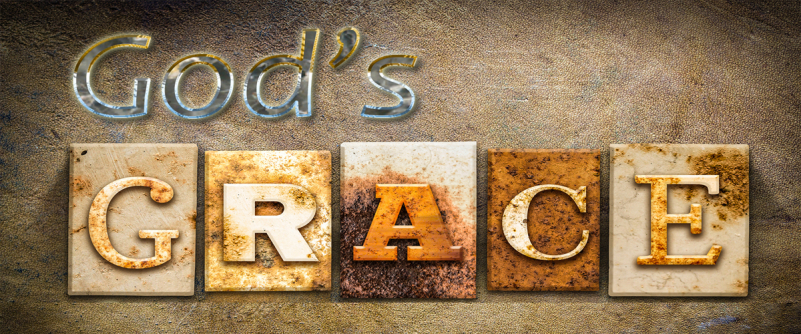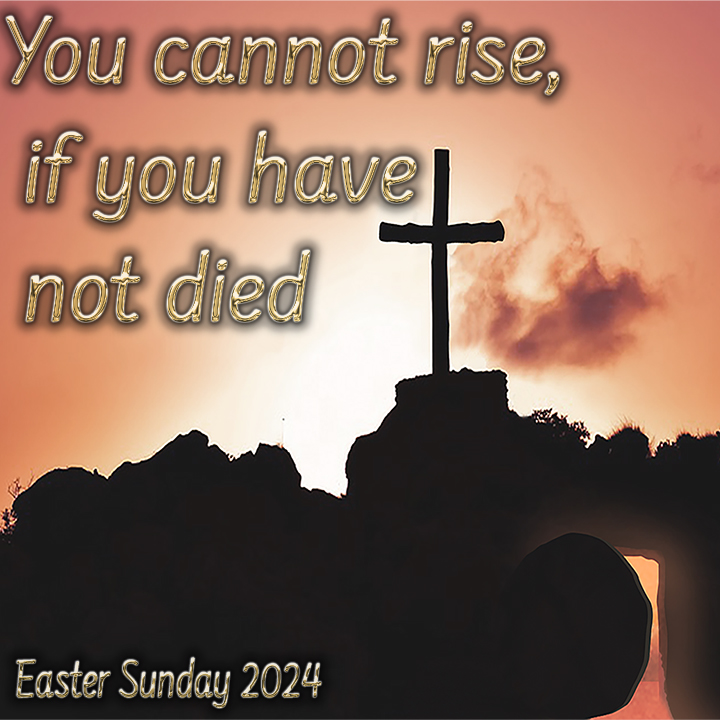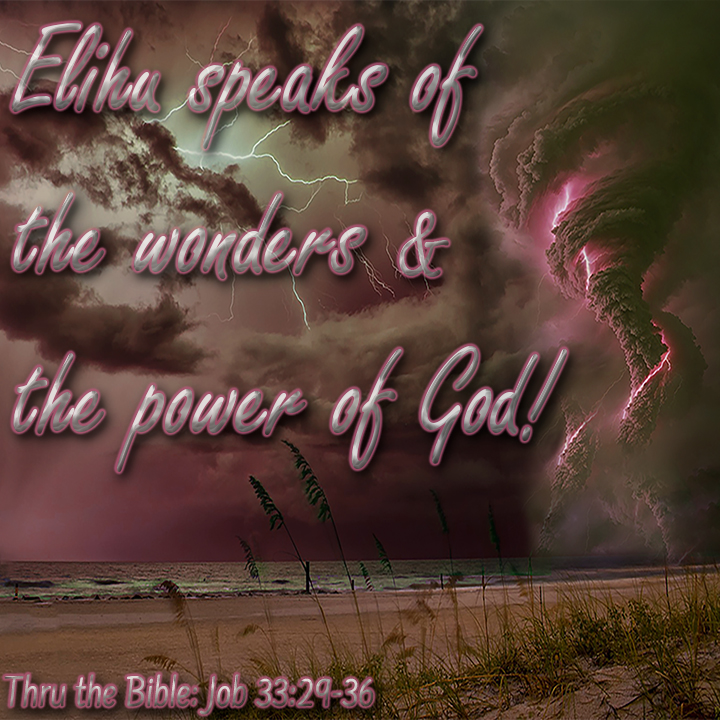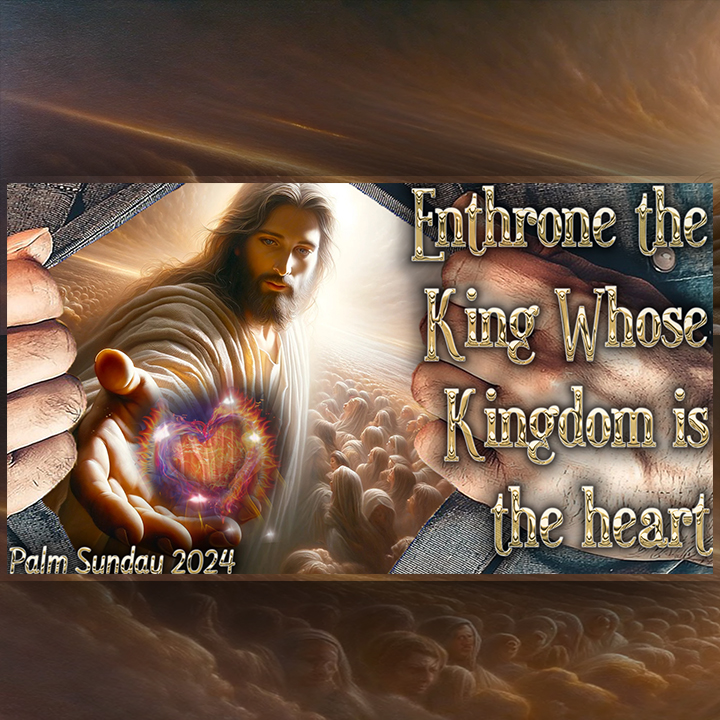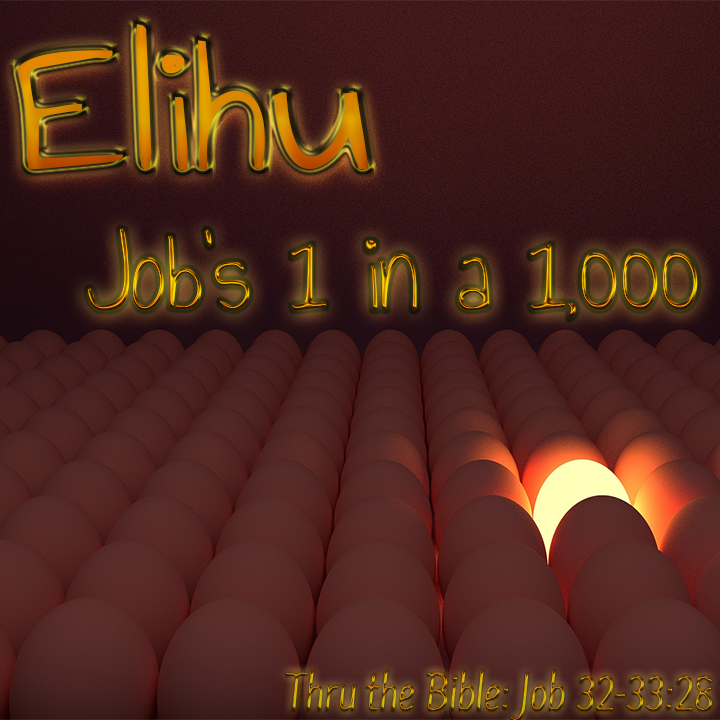Just before Paul begins to instruct the Ephesian believers about their conduct in Christ and the external proofs of their union with Christ, he reminds them of his imprisonment in Rome. Paul was under Roman house arrest due, among othe things, his preaching of the Gospel especially to the Gentiles and his developing doctrinal understanding regarding the necessity of circumcision for anyone – not just the Gentiles.
Paul did not want these gentile believers to become dishearted over his persecutions for having preached the gospel to them. In addtion to this he did not want them to forsake Christ to avoid persecutions themselves.
There was much of this which was “understood” and was therefore not detailed in this letter. I therefore took the time in this message to address some of the backstory behind Paul’s imprisonment a the reason for their glory in his sufferings. This was a dividing point in the early church which worked itself out, but in the beginning of the gospel being opened up to the Gentiles it was a tenuous and hot topic for which Paul was placed under much scrutiny and opposition.
Continue reading→


